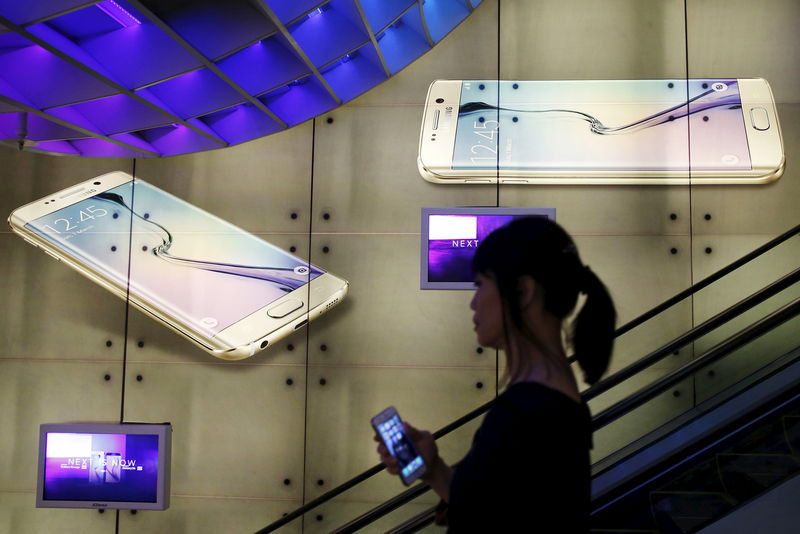Investing.com – Samsung Electronics (KS:005930) reported strong earnings for the second quarter of 2024, with revenue of KRW74.07 trillion and operating profit of KRW10.44 trillion. This was primarily fueled by the escalating demand for memory chips, driven by increased AI investments from major tech companies.
Samsung's Memory sector saw growth this quarter, due to heightened AI investments by major clients. The demand for both High Bandwidth (NASDAQ:BAND) Memory (HBM) and traditional DRAM and SSD products saw a substantial rise.
The company's advancements in DDR5 technology, including the production of its 128GB 1b nanometer 32Gb DDR5 product, played a crucial role in boosting earnings.
Samsung expects sustained high demand for server products such as HBM, DDR5, and SSDs due to ongoing AI investments.
The company plans to increase its sales of advanced AI-related products, including HBM3E and high-density server modules based on its latest 1b nano 32Gb DDR5 technology.
The S.LSI business saw a 50% surge in revenue year-over-year for the first half of 2024, driven by higher supplies of SoCs, image sensors, and DDIs for flagship products from major customers.
The Foundry business posted sequential revenue growth due to a recovery in demand for key applications. Samsung emphasized its strengthened position in the AI and HPC markets, doubling its customer base compared to the previous year.
The Device Solutions (DS) division, which includes Mobile, Large Displays, and MX/NW businesses, continued to perform well. The Mobile segment benefited from strong demand for flagship phones and increased sales of rigid panels.
Looking forward, Samsung expects ongoing growth in the premium smartphone segment and rising demand for AI-enhanced smartphones. The company aims to solidify its position in foldable devices and expand its ecosystem of products, including tablets, watches, and TWS.
Samsung remains positive about its prospects for the latter half of 2024. The company expects continued strong demand for memory chips and semiconductors, driven by advancements in AI and HPC. In the device sector, Samsung plans to leverage new smartphone launches and strengthen its presence in the premium market segment.
